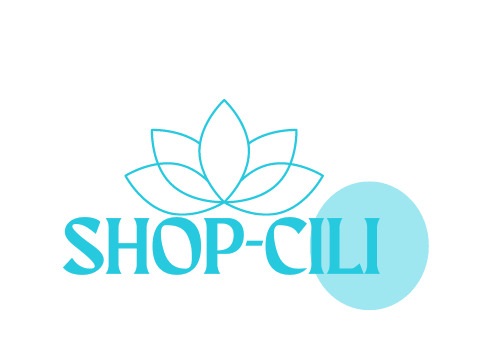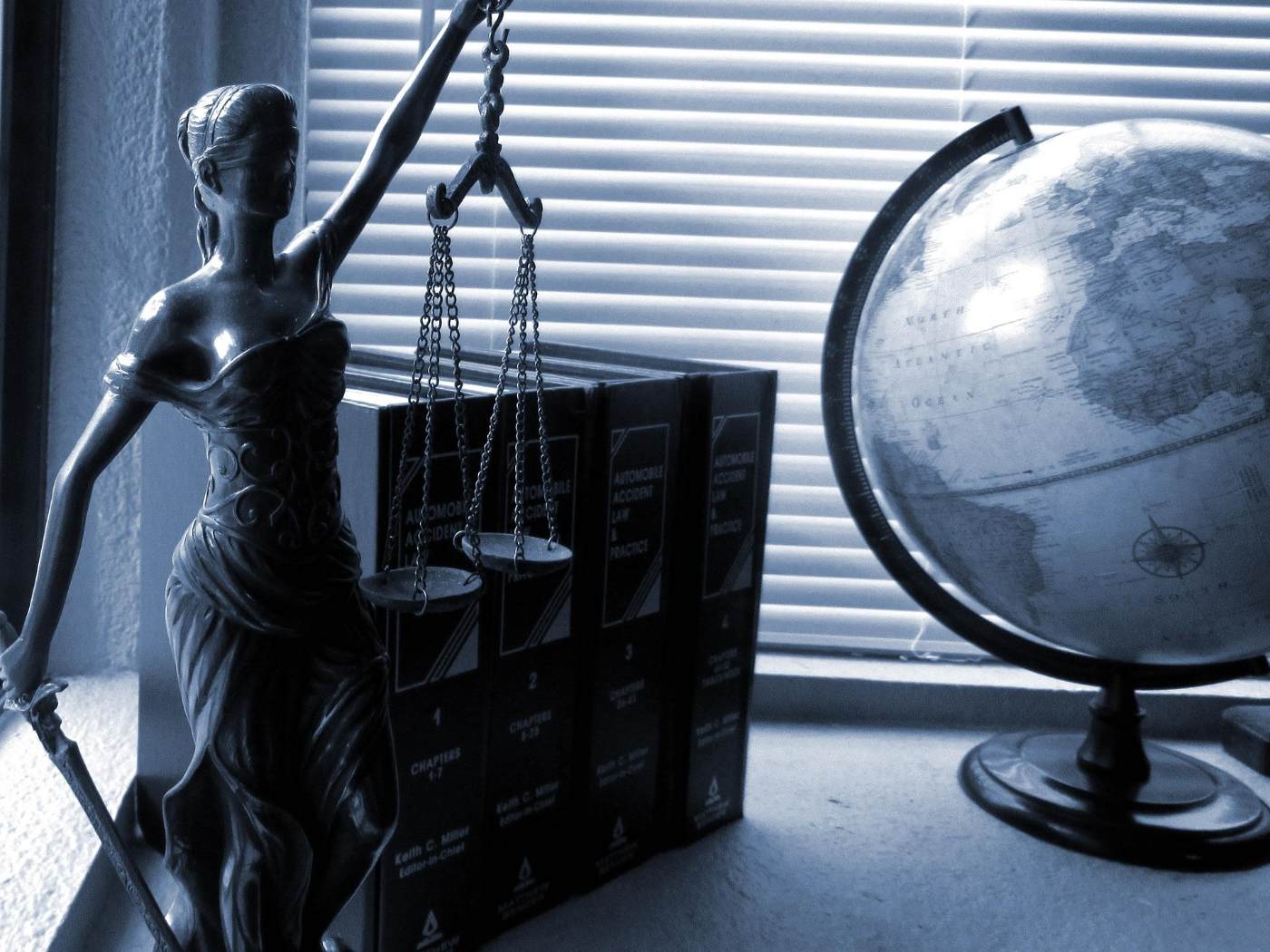“When you’re accustomed to privilege, equality feels like oppression.” – Unknown
Privilege is a word that ignites. In classrooms and community meetings, HR trainings and protest chants, it arrives like a lit match, sometimes illuminating and often scorching. For some, it offers a clarifying framework, a way to name systemic advantages that have long been hidden in plain sight. For others, it feels like a moral indictment, a rhetorical snare that alienates rather than educates.
But beneath these cultural flashpoints lies a quieter, deeper question: What are we really talking about when we talk about privilege?
In recent years, I’ve posed this question in classrooms, workshops and conversations, often as a provocation: Would you give up your privilege?
Many say yes, until we begin to unpack what that might mean.
Would you relinquish the ease of not fearing the police? The ability to walk into a grocery store without suspicion? The chance to rent an apartment without your race or name triggering a second guess?
Here the protests often begin: But those aren’t privileges. They’re rights!
Exactly. That’s the point.
This framing usually sparks a certain kind of rich, uneasy dialogue. But recently, someone challenged my premise in a way that stayed with me. They argued that to call these “rights” is to obscure the reality: in our society, rights aren’t guaranteed. They’re contingent. And if they can be revoked on the basis of skin colour, ZIP or postal code, gender or wealth, then calling them “rights” is more aspirational than descriptive.
Another voice offered a counterpoint, just as powerful. What we so often call “privilege,” they said, isn’t an extra; it’s a basic human right that’s been systematically denied to some and normalized for others. The error isn’t in the term “privilege,” but in the failure to extend those conditions universally.
This tension—between seeing certain benefits as rights or as privileges—gets at something deeper about the way justice functions in America and Canada.
The problem with North American justice
James Baldwin once wrote that “the American ideal has always been about achieving a certain level of comfort, but for many, that comfort comes at the expense of others.” Our laws speak of equality, yet in practice, equality has always been unevenly distributed.
Then came a sharper critique still: You’re talking about identity—race, gender, sexuality. But the real driver of injustice is wealth. Privilege is a function of economic class. You’re aiming at the wrong target.
That argument deserves serious attention. And yet, identity and class aren’t opposing lenses; they’re overlapping frameworks. Race, gender and other markers profoundly shape access to wealth itself. To ignore those entanglements is to flatten the terrain of oppression into a single axis, when in truth, it’s multidimensional.
“Those who do not move, do not notice their chains.” Rosa Luxemburg’s words echo here. Comfort too often masquerades as neutrality, and normalized inequity disguises itself as merit. To speak of privilege isn’t to deny the role of wealth; it’s to trace the many roads by which power consolidates and injustice multiplies.
One reason the word privilege provokes such strong reactions is that it destabilizes the stories people tell about how they arrived where they are. In a culture that idolizes self-reliance, suggesting that someone’s position was aided by unearned advantages sounds like heresy. It risks undermining the narrative of meritocracy that fuels everything from college admissions to corporate hierarchies.
But the unease isn’t evenly distributed. If a word like privilege can unsettle those who have benefited from it, how much more unsettling is it for those denied its basic guarantees?
Some fear that conversations about privilege are inherently divisive or shame-inducing. But that depends on how we have them. The goal isn’t to guilt someone for what they have. The goal is to ask: How do we ensure everyone has access to what they need?
“Injustice anywhere is a threat to justice everywhere,” Martin Luther King, Jr. wrote from a Birmingham jail. And yet, injustice in America and Canada has often been rendered invisible—or at least tolerable—because of its selective application. Those untouched by its reach are encouraged to see their experience as universal.
If you’ve never feared eviction, police violence, hunger or being denied medical care, congratulations. But don’t mistake justice for luck. And don’t confuse comfort with neutrality.
The gift of privilege for all?
The goal isn’t to redistribute privilege like rationed wealth. It’s to abolish the conditions that make privilege necessary in the first place.
“Justice,” as Cornel West reminds us, “is what love looks like in public.”
The aim is to build a world where justice isn’t a perk, but a promise. Where dignity isn’t rare, but recognized. Where rights aren’t granted, but guaranteed.
«RELATED READ» BEYOND THE DREAM: Continuing Dr. King’s vision for global justice and compassion»
image: jessica45

